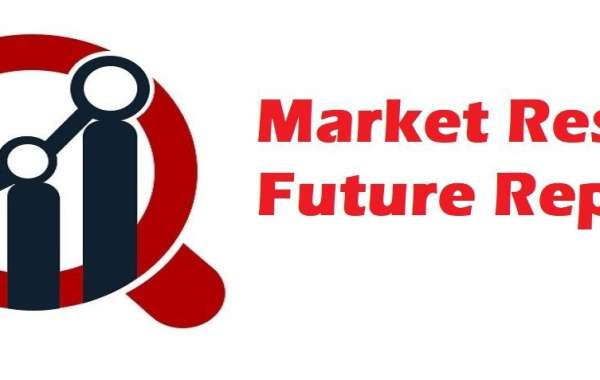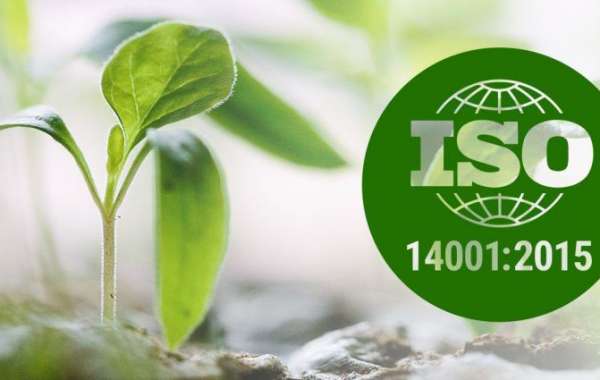Healthcare Logistics Market
The Healthcare Logistics Market Share was valued at USD 77.3 billion in 2022 and is projected to grow from USD 84.87 Billion in 2023 to USD 179.30 billion by 2032, exhibiting a compound annual growth rate (CAGR) of 9.80% during the forecast period.
The healthcare industry is undergoing a significant transformation, driven by technological advancements and an increasing focus on efficiency and patient outcomes. One crucial aspect of this evolution is the healthcare logistics market, which plays a pivotal role in ensuring the seamless flow of medical supplies and equipment from manufacturers to healthcare providers. In this article, we will delve into the key trends, challenges, and innovations shaping the healthcare logistics market
Healthcare Logistics Market Insights and Analysis By Service (Transportation and Warehousing), By Product (Pharmaceutical Products, Medical Devices, and Medical Equipment), By Type (Branded Drugs and Generic Drugs), By End-Users (Pharmacies, Healthcare Facilities, and Research and Diagnostic Laboratories), And By Region (North America, Europe, Asia-Pacific, And Rest Of The World) –Market Forecast Till 2032
Major Key Players:
MRFR recognizes the Healthcare Logistics Market Players are— Air Canada, AmerisourceBergen Corp, CEVA Logistics AG, Cold Chain Technologies LLC, Deutsche Post DHL Group, FedEx Corp, Kuehne + Nagel International AG, Schenker AG, United Parcel Service Inc., Owens & Minor, Lufthansa Cargo, Alloga, PHEONIX Group, C.H. Robinson, DSV, and Farmasoft.
As healthcare becomes more interconnected on a global scale, the logistics of medical supplies are becoming increasingly complex. The demand for pharmaceuticals, medical devices, and other healthcare products is not confined to local markets, requiring a sophisticated logistics network to ensure timely and secure delivery. The COVID-19 pandemic has further highlighted the vulnerabilities of healthcare supply chains, emphasizing the need for resilience and adaptability.
Technology Integration:
The integration of cutting-edge technologies is revolutionizing healthcare logistics. Automation, artificial intelligence, and the Internet of Things (IoT) are being harnessed to streamline processes, reduce errors, and enhance visibility throughout the supply chain. Real-time tracking of shipments, temperature-sensitive cargo monitoring, and predictive analytics are becoming standard practices, ensuring the integrity of medical products from manufacturer to end-user.
Regulatory Compliance and Quality Assurance:
The healthcare industry operates in a highly regulated environment, and logistics providers must navigate a complex web of regulations to ensure compliance. Strict quality standards, traceability requirements, and adherence to Good Distribution Practice (GDP) are paramount in healthcare logistics. As a result, logistics providers are investing in robust systems and processes to meet regulatory standards and enhance the overall quality of healthcare delivery.
Challenges Facing the Healthcare Logistics Market
Many pharmaceuticals and medical products are temperature-sensitive, requiring careful monitoring and control throughout the supply chain. Maintaining the integrity of these products during transportation is a significant challenge, especially when considering global shipments with varying climate conditions.
Security and Counterfeiting:
The healthcare industry is vulnerable to counterfeit drugs and medical devices, posing serious risks to patient safety. Healthcare logistics providers must implement robust security measures, such as track-and-trace systems and tamper-evident packaging, to mitigate the risk of counterfeit products infiltrating the supply chain.
Regulatory Hurdles:
Navigating the complex web of healthcare regulations and ensuring compliance with diverse international standards is a persistent challenge for logistics providers. The need for standardization and harmonization of regulations across borders is crucial for streamlining logistics operations and ensuring the consistent delivery of quality healthcare products.
Innovations Shaping the Future
Blockchain technology is gaining traction in healthcare logistics for its ability to provide a secure and transparent record of transactions. By leveraging blockchain, stakeholders in the supply chain can trace the journey of products from manufacturer to end-user, reducing the risk of counterfeiting and enhancing overall transparency.
The use of drones and autonomous vehicles in healthcare logistics is on the rise, offering faster and more efficient transportation of medical supplies. These technologies are particularly valuable in reaching remote or inaccessible areas, ensuring that even underserved populations have timely access to healthcare products.
Predictive analytics is playing a crucial role in forecasting demand, optimizing inventory management, and identifying potential disruptions in the supply chain. By leveraging historical data and advanced analytics, healthcare logistics providers can proactively address challenges and ensure the reliable delivery of medical products.
The healthcare logistics market is at the nexus of technological innovation, regulatory compliance, and the critical mission of ensuring the availability of healthcare products when and where they are needed. As the industry continues to evolve, collaboration between stakeholders, investment in technology, and a commitment to patient safety will be paramount. The healthcare logistics market is not just about moving products; it's about delivering the promise of better health outcomes for individuals and communities around the world.
About Market Research Future
At Market Research Future (MRFR), we enable our customers to unravel the complexity of various industries through our Cooked Research Report (CRR), Half-Cooked Research Reports (HCRR), Raw Research Reports (3R), Continuous-Feed Research (CFR), and Market Research & Consulting Services.
MRFR team have supreme objective to provide the optimum quality market research and intelligence services to our clients. Our market research studies by products, services, technologies, applications, end users, and market players for global, regional, and country level market segments, enable our clients to see more, know more, and do more, which help to answer all their most important questions.
In order to stay updated with technology and work process of the industry, MRFR often plans & conducts meet with the industry experts and industrial visits for its research analyst members.
Contact us:
Market Research Future (part of Wantstats Research and Media Private Limited),
99 Hudson Street, 5Th Floor,
New York, New York 10013
United States of America
+1 646 845 9312




